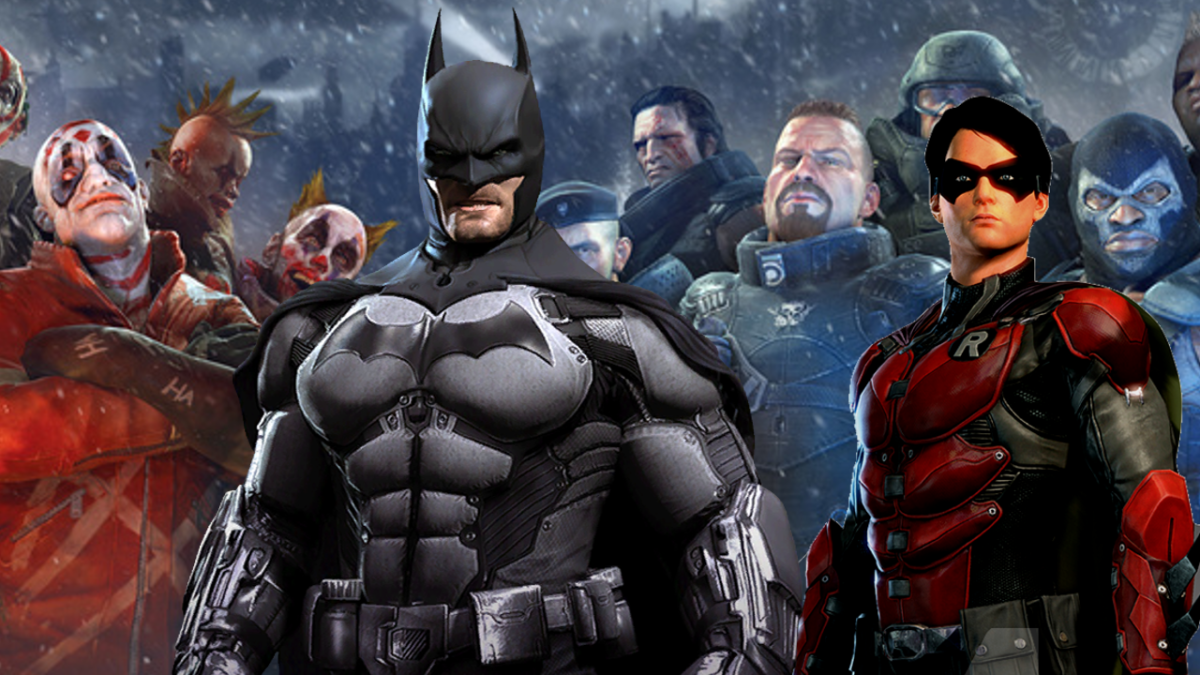
This results in a recurring sub plot with Bruce's trust butler Alfred (also featured more prominently here than other Arkham games) in which he persistently questions this crusade. Being Batman is all Bruce sees in himself, a necessary transformation and sacrifice to keep Gotham safe, even though at this point, he is seen as just as much of a menace. RELATED: 5 Things Batman: Arkham Origins Did Right (& 5 That Were Disappointing) Incorruptible, Everlasting SymbolĪs is evident by the game's title, Batman: Arkham Origins' story heavy plot is set in the early days of the hero's crime fighting career, still perfecting his craft and struggling to come to grips with the trauma that created his alter ego. This is a newer Batman, a Batman still closely tied to the anger within Bruce Wayne and bitterness towards the criminal underworld that took his parents from him. However, despite both Batman: Arkham City and Batman: Arkham Knight being cited as the best in the series, it is the often overlooked Batman: Arkham Originsthat delivers a compelling narrative that best understands the myth and motivation of Gotham's dark knight protector. The Batman Arkham series has been applauded for successfully translating the caped crusader to the video game medium, nailing the sensation of gliding over rooftops and beating up groups of enemies with the freeflow combat system. Bruce Wayne has transformed the pain, loneliness, and isolation he felt into something much more than a man, as the Batman is an entity used to push back against the criminals and corrupt crawling through the dark streets of Gotham City. The cape and cowl serve as a symbol for truth, mystery, and turning fear back against those who would prey on the fearful.

Batman is way more than just a mask, costume, and set of gadgets with a deep vendetta against the world of crime.


 0 kommentar(er)
0 kommentar(er)
